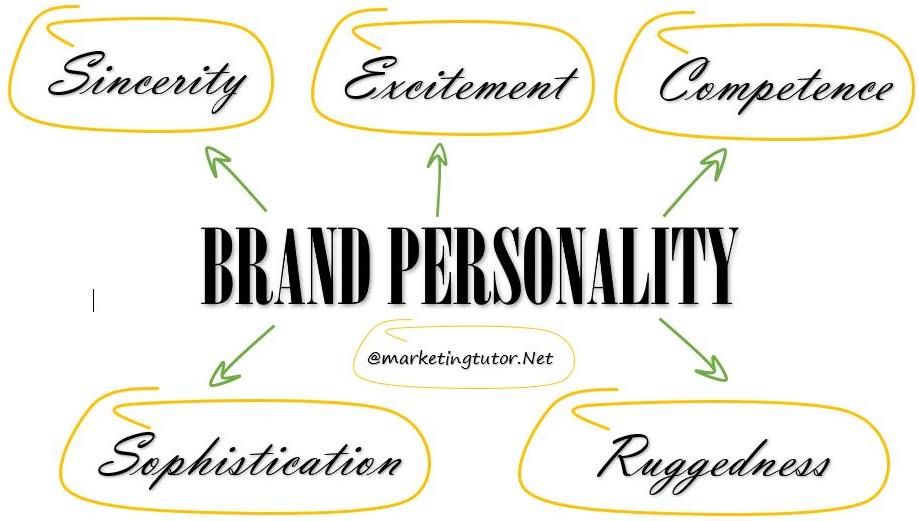Last week, I defined the definition of a brand and what the different aspects of branding are. Specifically, I covered how to create a powerful brand promise for your company. This week, the focus will be on creating and articulating your brand’s personality.
First, to help better understand what I mean by brand personality, let’s think about the personality traits of different types of people. Some people speak softly, while others are loud and bold. Some people speak with big words and fancy speech, while others speak with simple words that anyone can understand. Some people are naturally witty, while others may be comical and some more serious. Just as each of us has a unique personality, every business has a personality as well.



Values help you establish your sense of purpose and direction for your personal brand. They act as guideposts that assist you in evaluating choices in your life. Values are the emotional currency of your life. They are the core principles that give meaning to your life and are defined as a set of standards that. A brand personality is ascribing a 'set of human characteristics' to a brand. Brands that have a well-defined personality make the product relatable on a personal level—customers connect on a visceral level and have to have your product in their lives. One way to help define your personality is to think about archetypes.
When defining a brand personality for your business, I recommend starting with the tone of voice. What tone do you want your business to use when communicating with customers? Is it a conversational tone? Do you want to sound more like a well-polished speech or a loud megaphone? Are you writing your content academically, or in a simpler, easy-to-read way?

How To Define Your Brand Personality
Once you’ve decided on the right tone of voice to use for your personality, you can then begin to think about how you want to portray your business. Is your business clever, funny, exciting, or serious? For example, Old Spice uses humor in their advertising, while Apple is more serious. The type of business you own will dictate much of what your personality should be, but don’t be afraid to think outside the box and push the boundaries in your industry to set yourself apart.
How To Define Your Brand Personality
The last practical tip I like to share with business owners in helping them develop their brand’s personality is to write out a list of personality traits that are important to them, and then choose which ones they want to be reflected in their business. When you’ve arrived at a decision for what your company’s brand personality is going to be, make sure that all of your marketing and communications flow from this personality from here on out. It should be relatively easy for a customer to list out the traits of your brand’s personality.
Now, it’s time for you to get to work on your brand’s personality! Stay tuned for next week’s post where I’ll continue to talk about branding, and I’ll share some tips for your brand’s design.
